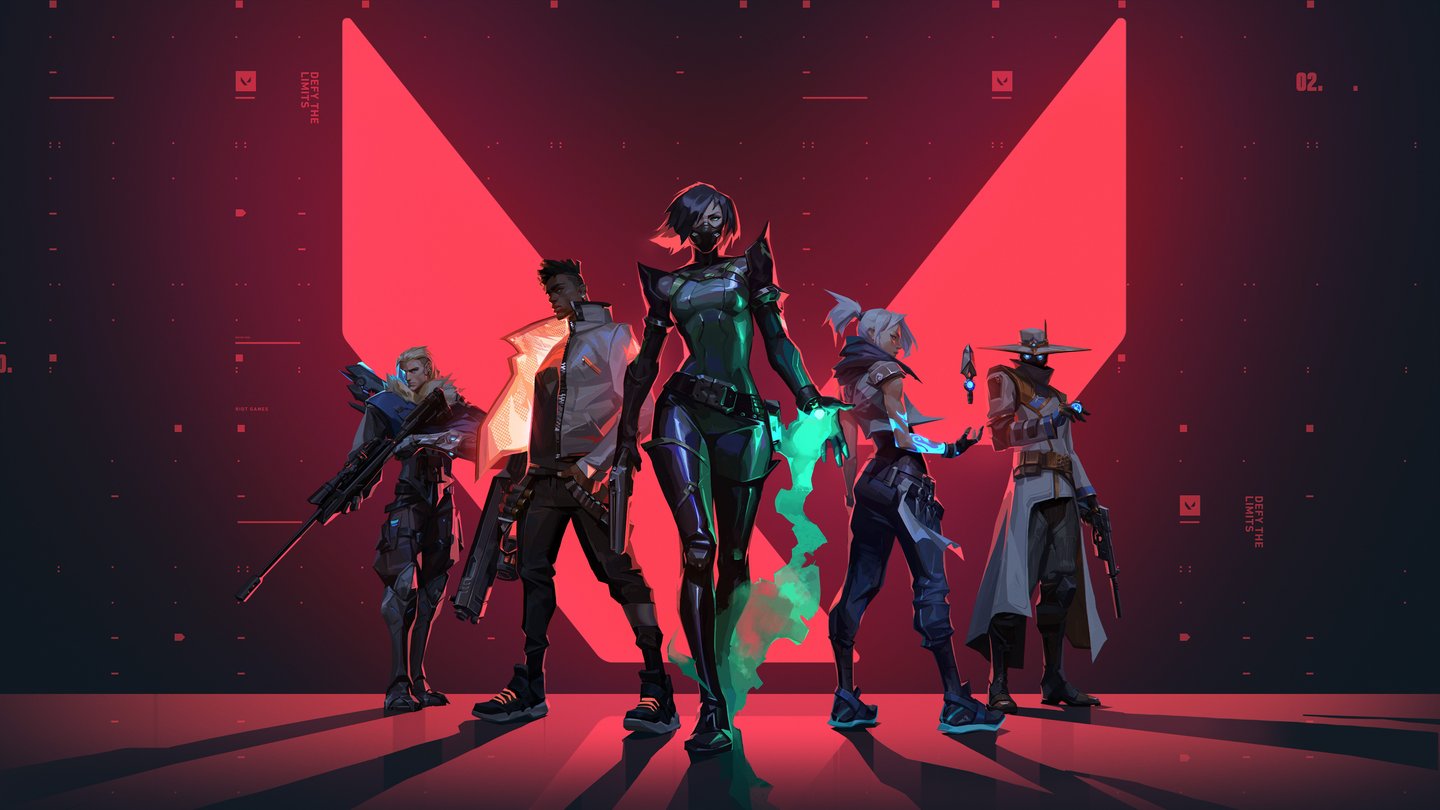Good News, Everyone!
We’re launching our first set of API’s for VALORANT tomorrow, and we have some details to cover with you.
First, we’d like to let you know what’s actually going to be available in the API. You can find the spec on the Developer Portal, but you’ll notice that you won’t be able to get responses from your non-production keys. This is on purpose. Personal keys and developer keys do not have access to the VALORANT API. We are going to be exposing match history data for all VALORANT players, but it comes with some restrictions to the products we’re allowing at this time. This means that your next steps are:
Read the application guidelines below.
Read over the API documentation on the Dev Portal.
Send us your pitch here. We’ll be in touch.
Especially during this launch window for the VALORANT API, we’re going to be fairly discerning about which applications get production keys. This is both to limit our time bandwidth around policy guidance and our API bandwidth we’ll be anticipating at launch. That being said, send us your moonshots, your big ideas, be ambitious, and if we think you can pull it off, we’ll be in touch with you to go over the fine details and help you make it happen. Send in your application on Developer.RiotGames.com and be as clear as possible about what you are building and what you need data access for.
Okay, with that out of the way, let’s talk about what this data should NOT be used for (hint: these will get your application yeeted straight into the sun.)
No personal profiles, scouting tools, guides based on individual players, or personalized data of any kind, UNLESS an individual player chooses to share their data. We want players to have ownership of their data, and we don't want to share it if that player doesn't want it shared. What this looks like can take multiple forms, but it will involve a Riot-owned authentication structure we can unlock for you if we believe your application design warrants it.
Example: Player X wants to see their own profile, match history, and stats. Player X will need to login to their Riot account, via RSO, to confirm their identity before being permitted to view their own profile.
Example: Player Y wants to see Player X’s profile, match history, and stats. Viewing another player’s profile should only be possible if the player has verified their identity, via RSO, and opted into making their profile public. You should be able to provide an audit history of each player opting in.
No direct substitutes for any in-game queue system. We understand there is a somewhat blurry line between tournament platforms and full-on queue substitutes, but we’ll help you figure out what side your product is on. If it directly competes with the incentives to play in any in-game queue or impacts game health, we’re not going to provide resources to support it. We also want to avoid dependencies that would detract from our focused effort to improve and evolve our matchmaking system.
We will be carving out more explicit policy as a response to the applications we receive and the resulting conversations with the VALORANT dev team, so again, take your shot, think outside the box of what is possible with this data set. We look forward to hearing from you soon.

